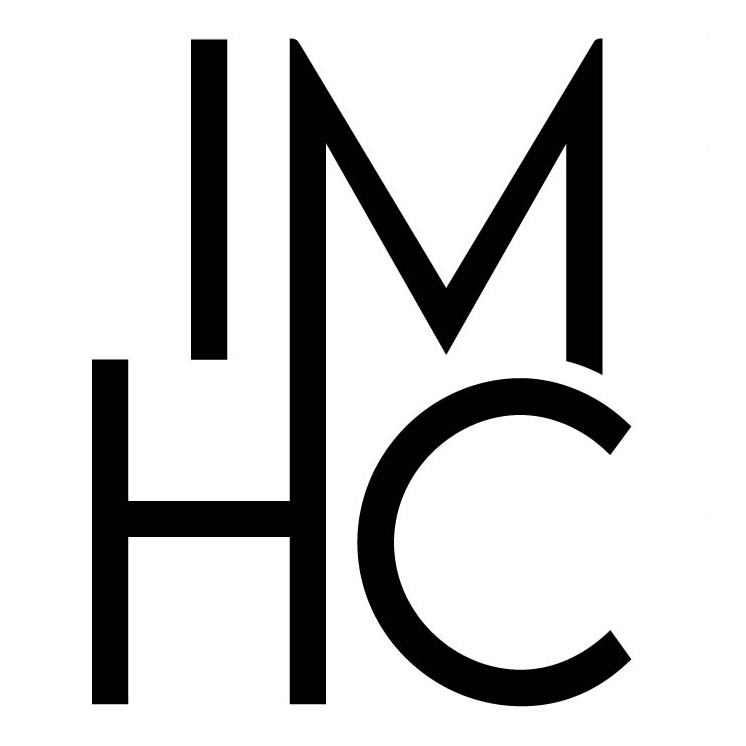In Zen philosophy and numerology there is a belief that there is no two without a three. Systemic family therapy offers a strategic way of thinking in terms of interaction that includes all members, rather than focusing one individual. To begin with, it is important to review that in family therapy there are different theories but one that has been studies for a while it is Murray Bowen’s theory of family systems. Bowen’s understanding of family therapy conceptualizes symptoms as being the patient’s solution to dysfunctional patterns of relatedness rather than the problem.
The triangle concept offers an alternative way to understand normal interactions between family members, such as the parent-child interactions and the spouse- dyad. Infidelity is a common phenomenon in couple therapy, in a context where a mistress, for example, may moderate or regulate the relationship between spouses. This understanding of the nature of the family phenomena is not circumscribed to hidden desires or unresolved conflicts, which are not easy to track and verify, nor is it fixed on character traits (like histrionic character or even personality disorder) that be difficult to change. The notion about how triangles diffuse tension and anxiety between the dyad is very applicable no just to family but to any kind of dyads. Triangles may also reflect behaviors that have been explained dynamically and that tend to put a lot of responsibility in just one member of the family.
However, some dynamic processes might be underlying family interactions. For instance, in the nuclear family’s emotional process, triangles are extended all over the members of the family and may appear in different actors. Family systemic theory sustains that when there is acute tension or anxiety in the family one solution may be for one member to compromise his or her own functioning to preserve the relationships´ harmony. In family therapy there is a sort of acceptance that unconscious forces influence behavior.
De Toro, Maria
Reference
Bowen, M. (1978) Family. Therapy in clinical practice. New York: Jason Aronson.

